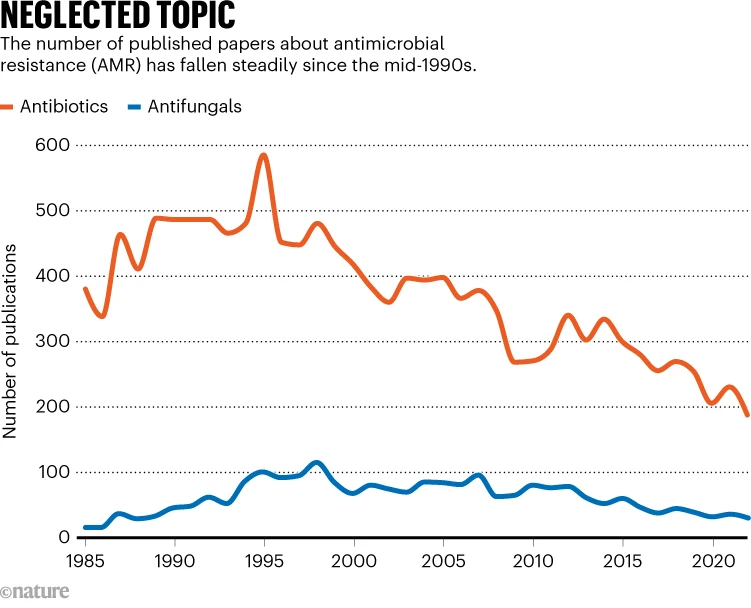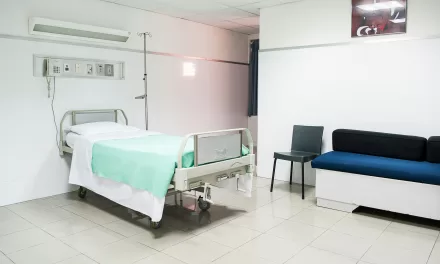A report published by the AMR Industry Alliance sheds light on a concerning trend in the field of antimicrobial resistance (AMR): a significant exodus of scientists due to inadequate funding and incentives for research. This brain drain poses a serious threat to global health, as AMR continues to escalate as a major public health challenge worldwide.
The AMR Industry Alliance, representing over 100 pharmaceutical companies and associations, underscores the detrimental impact of diminishing investments by both governments and pharmaceutical firms in developing antimicrobial drugs. This decline in funding and support is alarming given the escalating threat posed by AMR, which renders many existing treatments ineffective against disease-causing microorganisms.

James Anderson, Chair of the AMR Industry Alliance Board, emphasizes the urgency of addressing AMR, particularly concerning antibiotics, which are crucial in combating a wide array of infectious diseases. Bacterial resistance alone accounted for 1.27 million deaths worldwide in 2019.
Mark Webber, a bacterial geneticist at the Quadram Institute in the UK, reflects on the evolution of the problem, noting that while resistance was recognized as a growing concern decades ago, its magnitude is now more apparent than ever.
The report identifies several factors contributing to the decline in AMR research, including the challenging economic landscape. Pharmaceutical companies have scaled back AMR research due to the relatively limited profitability of antimicrobials compared to treatments for diseases like cancer or HIV/AIDS. Additionally, governments allocate less funding to AMR research compared to other areas, such as HIV/AIDS.
Data presented in the report reveal a stark decline in the number of researchers and published papers in the field over the past three decades. Furthermore, many researchers have exited the field after losing funding, with only a small fraction remaining in AMR research after transitioning to other areas.
This decline in research activity has resulted in a development void, with fewer antimicrobials being brought to market. The dwindling pool of experienced researchers poses a significant challenge to future drug development efforts.
To address these challenges, the report suggests establishing incentives to spur antimicrobial development and increasing training opportunities for early-career researchers in the AMR field. However, collaborative efforts among governments, pharmaceutical companies, healthcare organizations, and other stakeholders are crucial to effectively combatting AMR.
While progress has been made in certain areas, more concerted action is needed on a broader scale to safeguard public health against the growing threat of antimicrobial resistance. The report underscores the importance of proactive measures to address the challenges facing AMR research and drug development.











